
To raise the public's environmental awareness, We Care -- an elephant-themed event -- took place in downtown Kunming, Yunnan province, on August 12, the World Elephant Day. 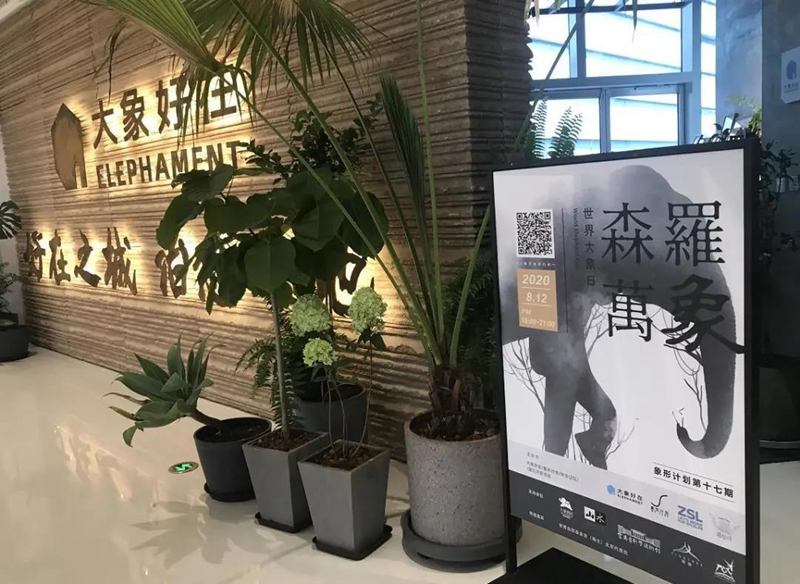
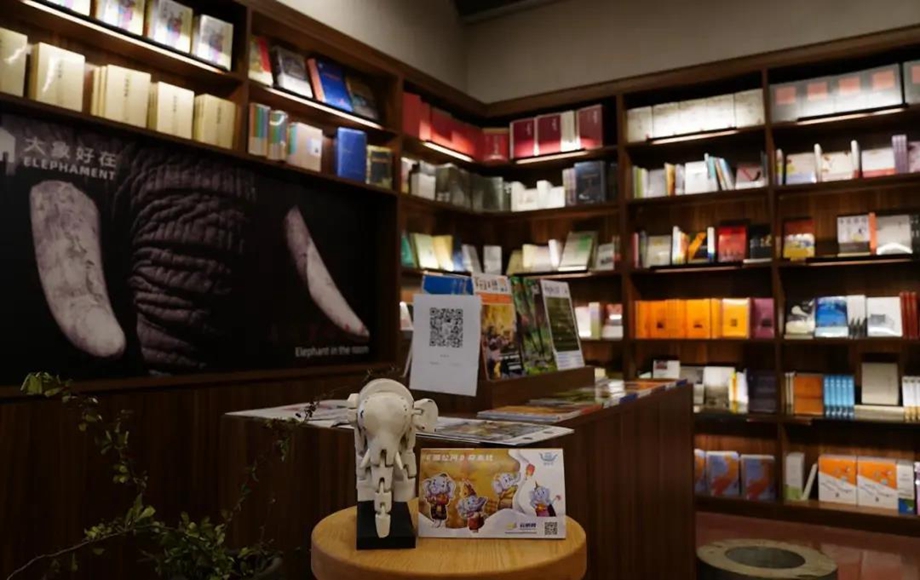
Jointly held by the Elephament, We Care, ZSL(Zoological Society of London) and Mekong Magazine, the event aims to be an interdisciplinary and cross-border bridge for people from all walks of life to explore ways of harmonious coexistence between man and nature.
Representatives from the ZSL, Shanshui Conservation Center, WWF China and Mekong Magazine are invited to discuss the four topics below with those present: How to carry out eco-monitoring for coexistence of man and wildlife? 
Ms. Wu Ruifeng, representative of Shanshui Conservation Center She said that in Naren Village, northwest Yunnan’s Diqing prefecture, folks follow a tradition of respecting nature, and they set up work teams to regularly patrol the habitat of Yunnan golden monkeys. Guided by the Shanshui Conservation Center, the villagers began monitoring the monkeys by infrared cameras earlier this year. Soon, three of the cameras captured Yunnan golden monkeys, which excited locals a lot. 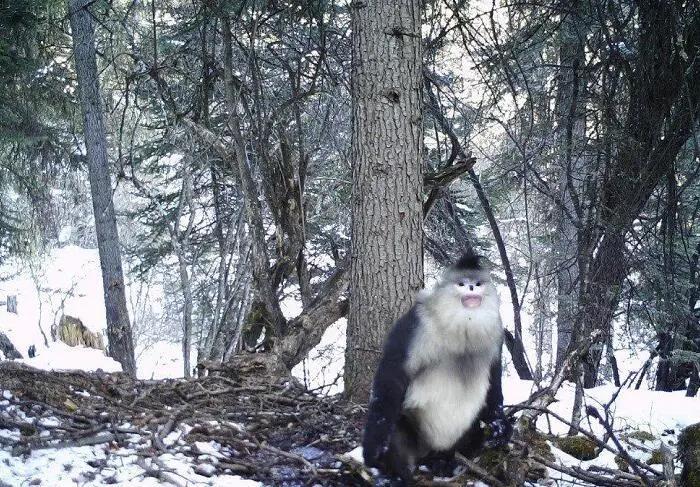
The cameras have captured images of 20 plus kinds of wildlife, including macaques, pheasants, lesser pandas, red foxes, and others. The images formed basic data for protection and population growth in nature reserves. What’re elephant-friendly trips? 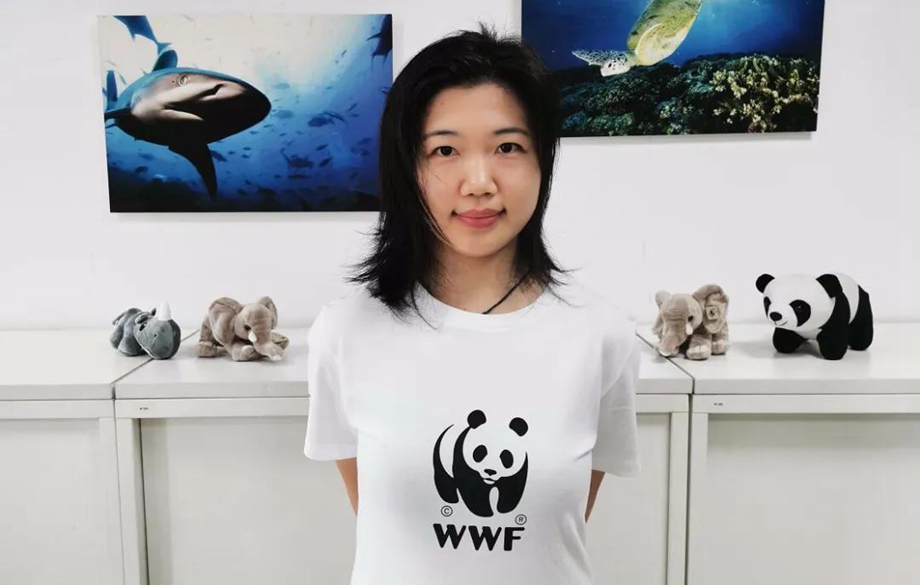
Ms. Wang Cong, program manager on wildlife trade, World Wide Fund for Nature Beijing Office Wang shared a story of African elephants, telling the audience what an elephant-friendly trip is. She said elephants play a key role in the ecosystem. Their excrement helps in soil fertilization, seed spreading and plant sprouting. The existence of wild elephant means a sound ecology and biodiversity, facilitating eco-tourism development and bringing changes to local communities. 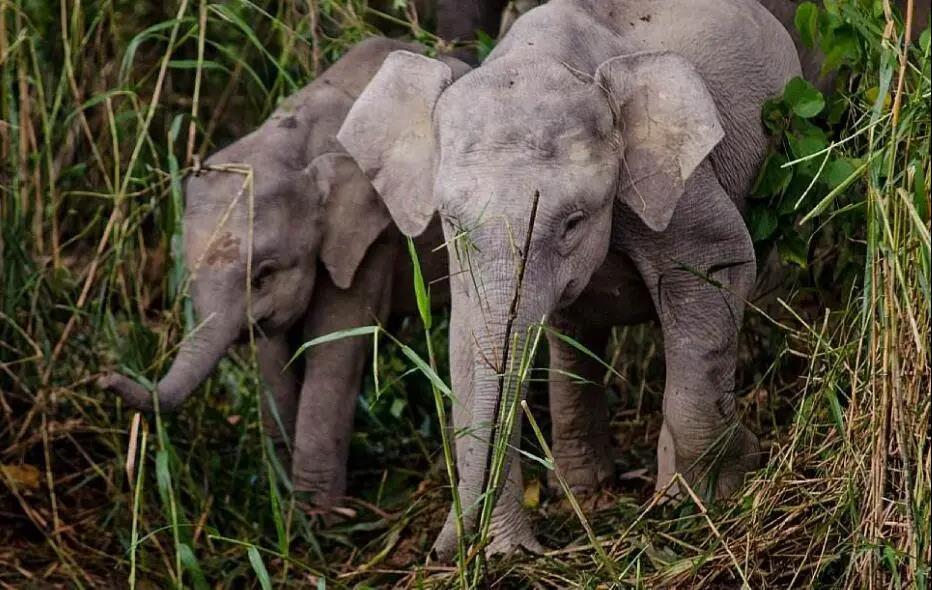
She hopes that each of us will become the guardian of elephants. “Starting from ourselves, we should refuse to consume illegal wildlife products such as ivory, practice sustainable tourism, and protect biodiversity, eco-resources and the environment.”
Media’s role in promoting cross-border animal protection 
Mr. Wang Jingzhong, representative of Mekong Magazine The Mekong magazine has long kept a close eye on Southeast Asian countries, especially Thailand, Laos, Myanmar and Cambodia, where the elephant signals good luck. In the magazine’s stories, a major theme is coexistence of man and nature. In 2018, the Champa journal under Mekong Magazine highlighted on cross-border elephant protection in China and Laos. This year, the Mekong journal published special reports on protecting wild Asian elephants. Focusing on efforts and achievements made by China’s Yunnan province in protecting Asian elephants, the reports involved rescuing wild elephants and relieving conflicts between humans and elephants in recent years. 
The UN Biodiversity Conference (COP 15) will take place in Kunming in May, 2021. Close attention will be paid to the new progresses in the fields of animal protection and biodiversity conservation, popularizing stories in relation to Yunnan’s human-animal coexistence and helping raise the public awareness of trans-border biodiversity conservation.
Wang called on the public to join in the cross-border protection of Asian elephants, the largest land animal. Social entities’ role in protecting wild animals 
Mr. Zhang Shurui, representative of To Go Fun Young Company In Kunming, little animals are increasingly visible. "I saw a weasel in my neighborhood and came across an egret at the Daguan River. It is wonderful to get close to animals, the natural beings." 
"I love little animals, but I don't want to be their master. We can live together, sharing the city and the blue sky," said Zhang. When it comes to elephants, people in Yunnan have much to say. 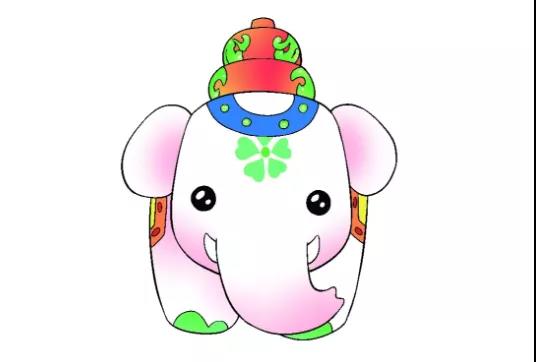
Traditionally, the Asian elephants lived in the Yunnan localities of Dehong, Lincang, Xishuangbanna, Pu 'er and Honghe.In the Yuan and Ming dynasties (1271-1644), Yunnan was where "peacocks sit in the court trees and elephants plow in the fields." Lancang, Mekong’s name in China, means "millions of elephants" in the Dai language.
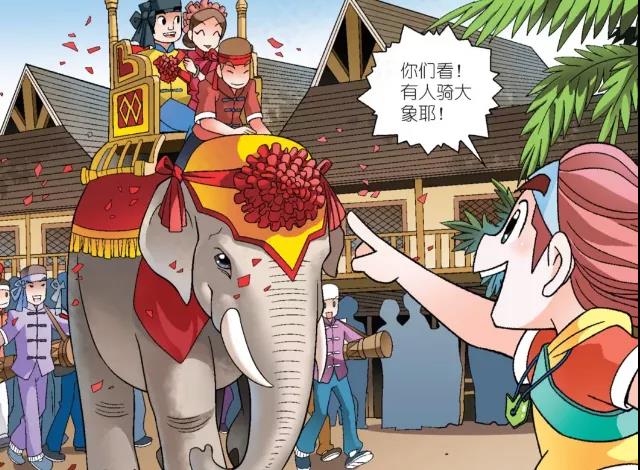
However, the environment and others cut the number of Yunnan wild elephants year by year.In the 1970s and 1980s, the Asian elephants were endangered, with the habitat limited to Xishuangbanna and Lincang. As a mammal second only to the African elephant in size, the Asian elephant plays an engineer-like role in the rainforest ecology. "To care for nature is to care for human beings." 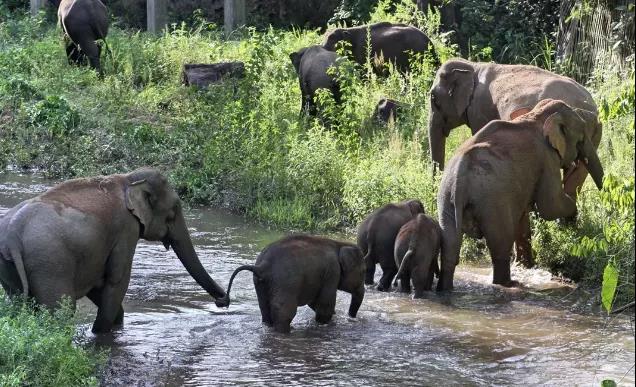
By Gateway reporters |



















7740f3b5-9ecb-438e-9052-76cb2d4bb671.jpg)

